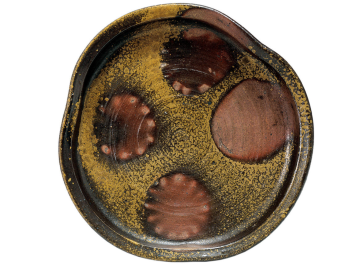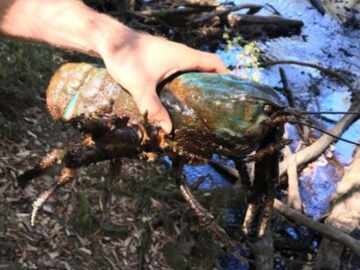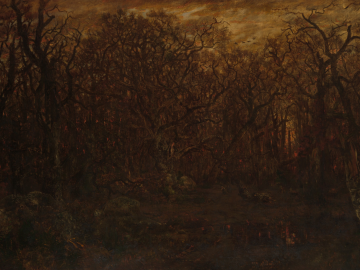The Allotropes of Tin
Mark O’Flynn
From the sublime to the ridiculous there is only one step
Napoleon Bonaparte After the retreat from Moscow, 1812
Unbeknowst to him
it takes a chemistry lesson
to decipher the shreds of fabric left in snow.
Absent tin tells us more than tin;
cloth more than fossil
when the Spring thaw melts
to reveal history’s diet of bones.
Certainly the neatest looking army in the field
Napoleon’s men march towards the cold,
not knowing the compound elements
of French tin will crystalise at less than five degrees.
As coal to diamond, all those tin buttons
shining on the parade grounds of Paris,
who could imagine defeat
beneath the sun’s benevolence?
By the time they reach the Russian Winter
the smart, tin buttons, yes, have crystalised,
corroded and crumbled from the uniforms
of Napoleon’s sublime advance.
His men fight to to hold their trowsers up,
clutch their uniforms together,
let alone aim a shivering musket
at an enemy laughing in the distance.
Their defeat creeps upon them like a mould.
Coal to diamond; love to hate; loyalty to despair;
flesh and the rot within the flesh.
The allotropes of tin slowly vanquish
an emperor, leaving their clues,
stripped of all ambition now,
naked arses fleeing,
cooling quickly under the warm snow.
Feature image via 'Art Collection - The Metropolitan Museum of Art'


